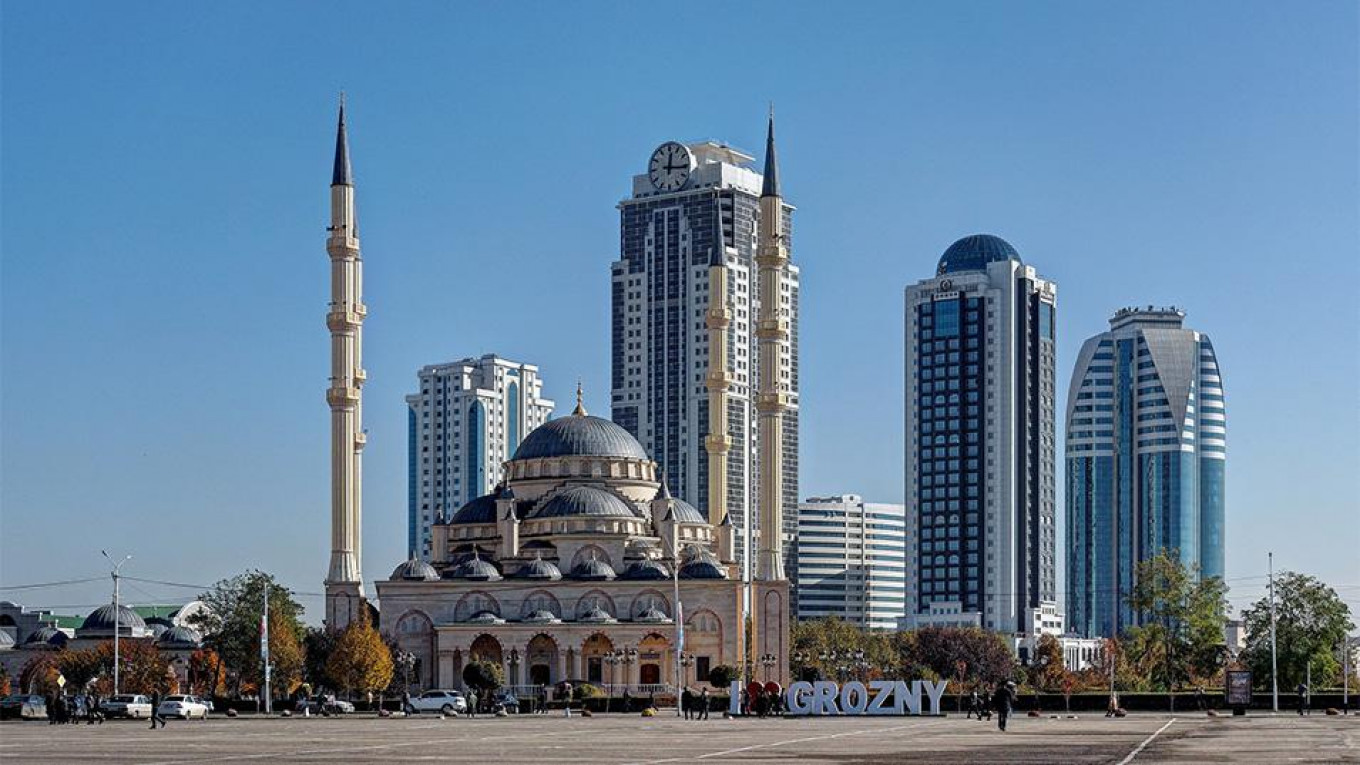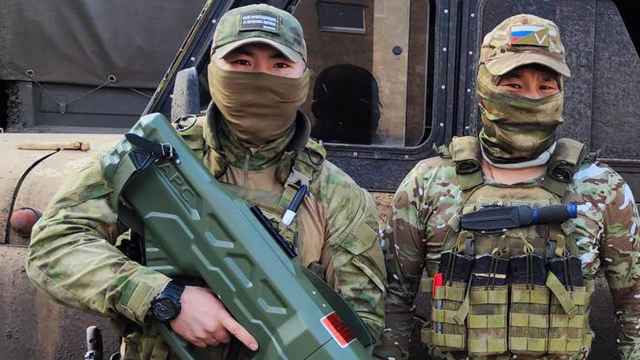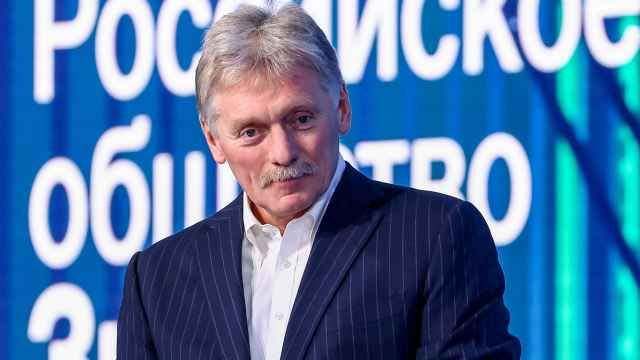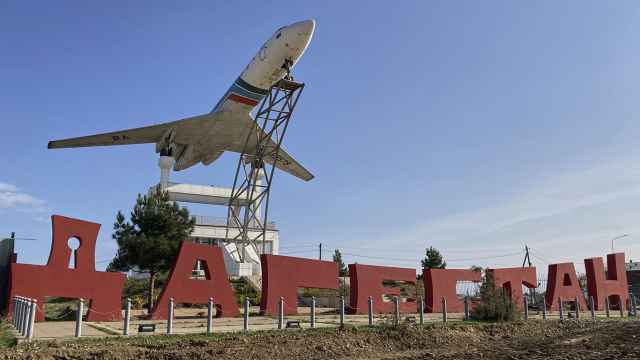When it comes to Russia’s regions, 2018 will probably not bring much news. Inertia is huge and little changes year-to-year. We can, however, give a general forecast of the economic, budgetary and political climate this year.
Unlike in 2015 and 2016, when regions which focused on the defense or food industries boomed, there are unlikely to be any "champions of growth." In 2017, growth stagnated. In 2018, it is likely to grind to a halt altogether.
Defense spending has slowed and the food industry is limited by a 12-percent fall in average real incomes between November 2014 and October 2017. On the other hand, the country’s economic crisis has ended and the risk of a recession in the regions is almost nil.
Predicting regional budgets is more difficult. The stabilization of the economy and wage growth means there should be more revenue from profit and personal income tax. And with the federal budget in decent shape thanks to higher oil prices, the regions will probably get the same financial assistance from Moscow as last year.
Funding from the central government in January to September 2017 rose 8 percent year-on-year, and ahead of presidential elections in March it is likely to increase further, with Crimea and Chechnya getting the most.
But there are still risks. By redistributing regional revenues to the federal budget, Moscow is effectively dispossessing the regions. The wealthy Sakhalin region in the Far East has been stripped of most tax on profit from the Sakhalin-2 oil and gas project. But Moscow, which receives only 25 percent of all local revenue from profit tax, has lost the most.
It remains to be seen whether Moscow, with its 2-trillion ruble ($35 billion) budget last year, will be able to keep a larger slice, arguing that it needs to fund infrastructure projects including a hugely expensive urban renewal project, or whether the dispossession of Russia’s wealthiest region will continue.
Following a presidential decree last year, the regions must also give pay rises to state employees, including doctors. And they will have to implement a promise the president made in November to pay parents a monthly allowance for their first child.
How much of that bill will be footed by the regions has yet to be determined, but they could end up with budget shortfalls as a result.
Another problem is debt. The regions together owed 2.4 trillion rubles as of November 2017, almost half of which consists of super-cheap loans issued by the Finance Ministry, which will shrink drastically in 2018.
The Finance Ministry will extend the payback period for past loans provided the regions balance their budgets. But it is unclear whether that can continue given the ministry’s own growing spending obligations.
However, this will not necessarily lead to de-faults. The Finance Ministry has so far been relatively successful at allocating funds to regions on a case-by-case basis. After the presidential elections, the arbitrary reshuffle of regional governors will continue. Interim governors appointed by the president in the fall will be voted into their positions permanently in 2018, just like their predecessors appointed in the spring.
The population is eager for new faces, thinking it is the best hope for positive change. The challenge that most governors face is not winning elections, it is finding a way to manage their regions with severely limited financial resources.
The chorus of new governors requesting money from the federal budget will grow ever louder, with Ramzan Kadyrov, the head of Chechnya, as lead singer.
How politically active the regions will be is the most difficult to predict. Any political activity is likely to take place in regional capitals, where residents are the most progressive and demanding of change.
But don’t expect any major political upheavals in 2018. Russians’ patience has yet to be exhausted. Apathy will reign from Moscow to the periphery.
Natalia Zubarevich is a professor at Moscow State University’s geography department. The views and opinions expressed in opinion pieces do not necessarily reflect the position of The Moscow Times.
This article first appeared in our special ’Russia in 2018’ print edition. For more in the series, click here.
A Message from The Moscow Times:
Dear readers,
We are facing unprecedented challenges. Russia's Prosecutor General's Office has designated The Moscow Times as an "undesirable" organization, criminalizing our work and putting our staff at risk of prosecution. This follows our earlier unjust labeling as a "foreign agent."
These actions are direct attempts to silence independent journalism in Russia. The authorities claim our work "discredits the decisions of the Russian leadership." We see things differently: we strive to provide accurate, unbiased reporting on Russia.
We, the journalists of The Moscow Times, refuse to be silenced. But to continue our work, we need your help.
Your support, no matter how small, makes a world of difference. If you can, please support us monthly starting from just $2. It's quick to set up, and every contribution makes a significant impact.
By supporting The Moscow Times, you're defending open, independent journalism in the face of repression. Thank you for standing with us.
Remind me later.







